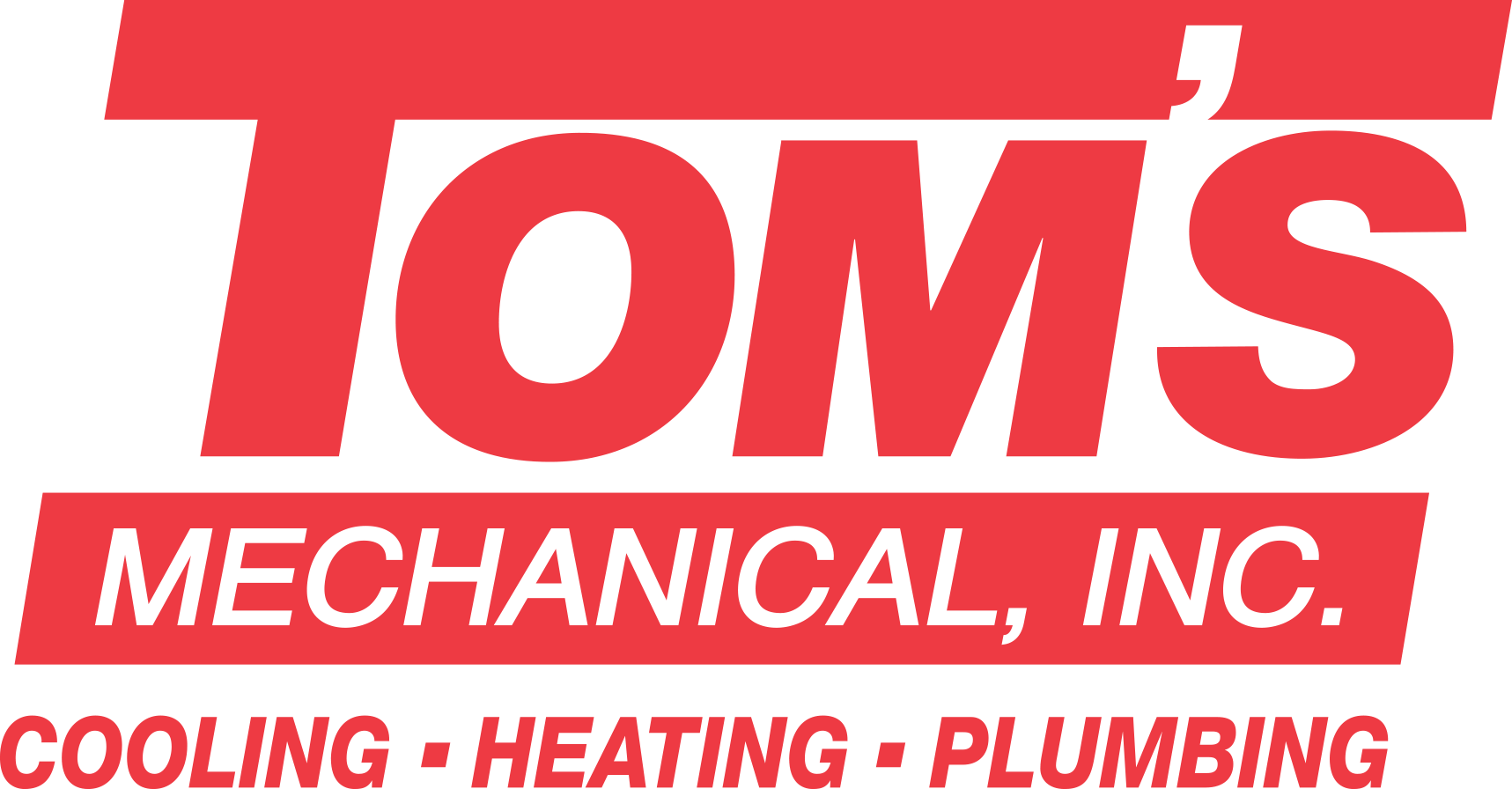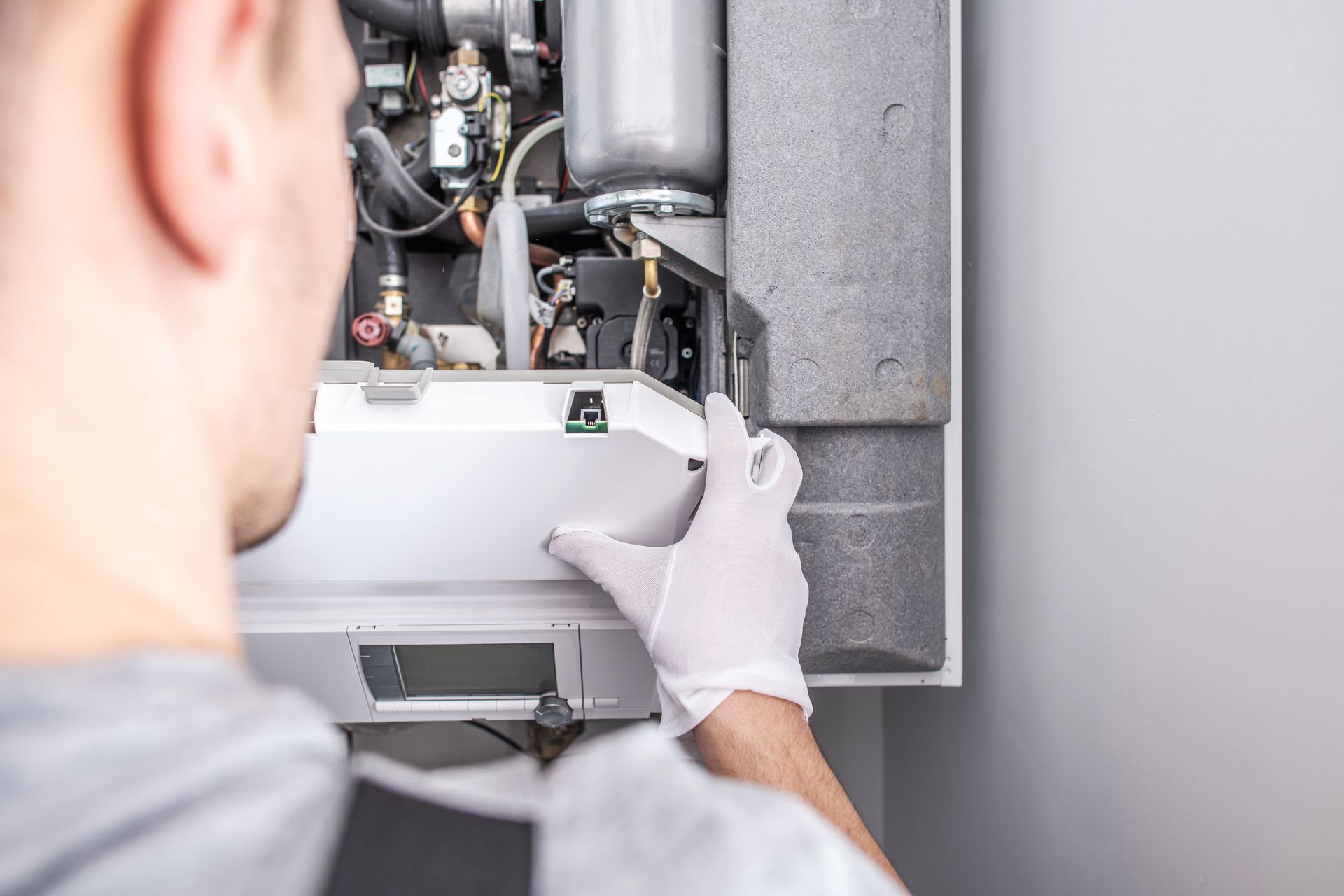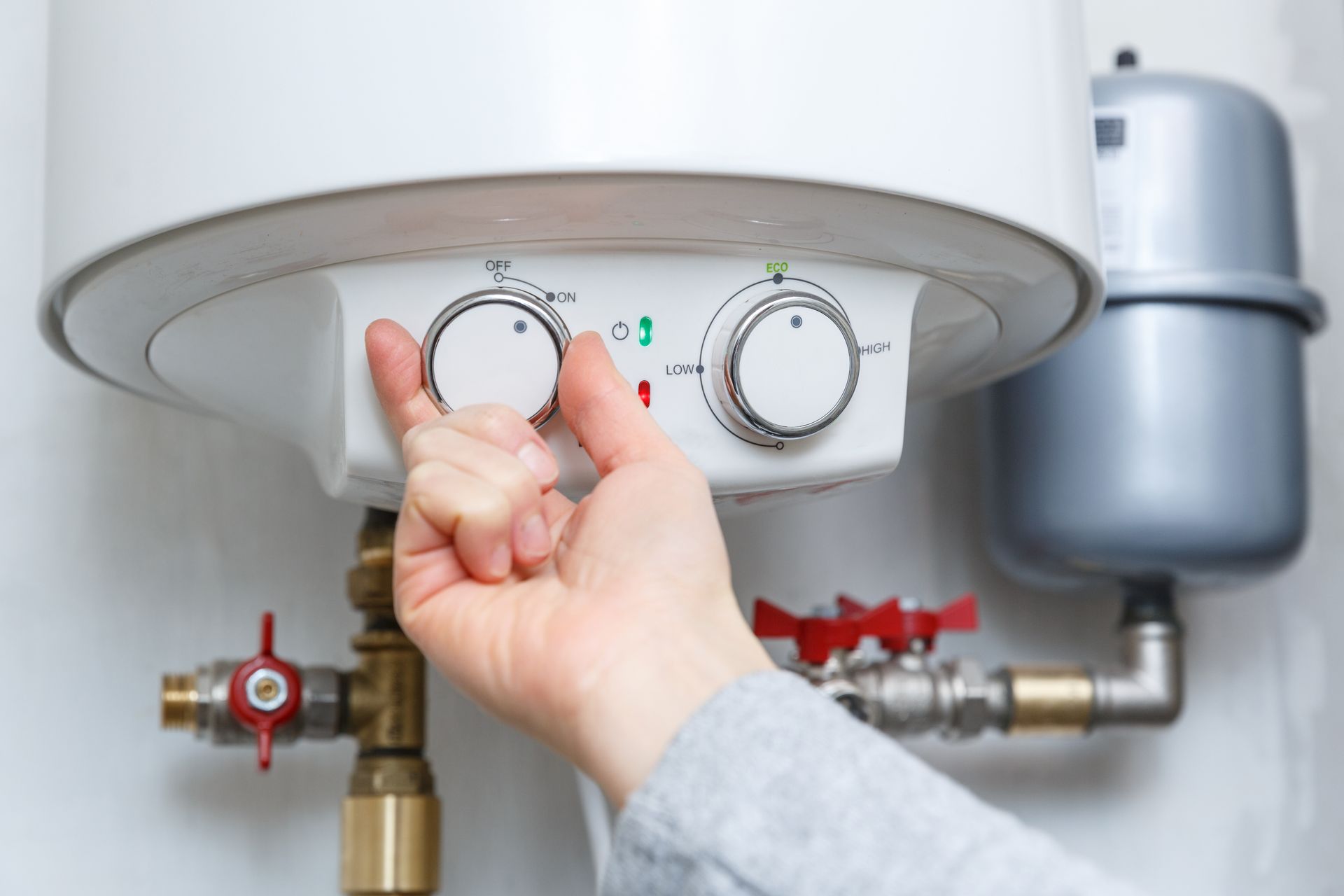How to Choose the Most Energy-Efficient Green HVAC System for Your Home
During the recent nation-wide cold snap, average daily temperatures were in the teens, and home heating units were being stressed to their limits. Of course, it won't be long before we're back into the dog days of summer, another time of year when our HVAC systems are pushed to the max. Along without HVAC units, our energy bills also seem to be maxed out during these times of extreme temperature. Another problem with excessive HVAC use is its environmental toll. Attack your excessive energy bills at their root, and reduce your environmental impact, by choosing the most energy efficient HVAC system for your home. By following these simple guidelines, you can choose the greenest and most energy efficient system for your home.
Seek Out ENERGY STAR Products
The Environmental Protection Agency (EPA) enacted the Energy Star program as a way for consumers to easily evaluate the energy efficiency of appliances and electronics. The program certifies energy efficient appliances in a wide range of categories. Considering how much electricity we use throughout our daily routines, the Energy Star program has the potential to save consumers a significant amount of money while also reducing energy use.
The Energy Star label can be found on HVAC systems that meet the EPA's guidelines for energy efficiency. Some units may be awarded silver or gold ratings on top of the basic Energy Star recognition. The EPA estimates that homeowners can save as much as $200 a year on their heating and cooling bills when they switch from an older HVAC system to a new unit that has earned Energy Star approval. Rating numbers denote specific details about each unit's efficiency; the ratings to pay attention to are the unit's "seasonal energy efficiency ration" (SEER) and "energy efficiency ratio" (EER). Higher SEER ratings indicate a more efficient unit. Although these figures can give consumers a good idea of which unit is best for them, consulting a professional HVAC specialist before purchasing is recommended.
Choose a Correctly-Sized Unit
The energy efficiency rating of an HVAC system can be of little help if you choose a unit that is too large or small for your home. We have a tendency to think that bigger is always better, but in the world of HVAC, that is not necessarily the case.
While a larger unit might cool a given area more quickly, that speed causes the HVAC to cycle on and off much more frequently, especially when used in a small building. This is bad for both energy consumption and the mechanics of the unit. Repeated heating and cooling of the elements within the HVAC consumes more energy. This same principle applies to gas mileage and vehicle maintenance; avoid heavy acceleration and braking, and maintain a steady speed for maximum efficiency. Plus, when the unit's motors, pumps and fans are frequently starting and stopping, it causes increased wear and tear on the system.
Upgrade Your Thermostat
When you're in the market for an eco-friendly and energy-efficient HVAC system, be certain to team it up with a good thermostat. There is a wide range of programmable thermostats on the market today. You can even set them up to run the HVAC less when no one is home.
There are even "smart" thermostats on the market that keep track of your habits and automatically adjust temperatures in your home based upon those habits. These smart thermostats can also sense when you're not home, triggering an energy saving mode.
Only Employ Licensed Professionals for Installation
By now you probably realize that selecting and installing a modern, high efficiency HVAC system requires knowledge and experience. The only way to get the most out of your new system is to work with a licensed professional to complete your installation. Utilize online review services to find out which technicians in your area are most committed to quality work and up-to-date knowledge. This research will be helpful when it comes time to do system maintenance as well.
Investigate Heat Pumps
So far we've only discussed HVAC systems. When talking to your HVAC professional, he might also suggest heat pump options. In some climates these pumps are able to use the temperature difference between the air outside your home and the air inside your home for heating and cooling. They can be very energy efficient. Also included in this category are the ultra-efficient geothermal heat pumps, which take advantage of the constant temperature deep in the ground to maintain the temperature of your home. Following these steps and consulting with your local heating and air professional can help you select the optimal HVAC system for your home - saving you time and money while also reducing emissions.



